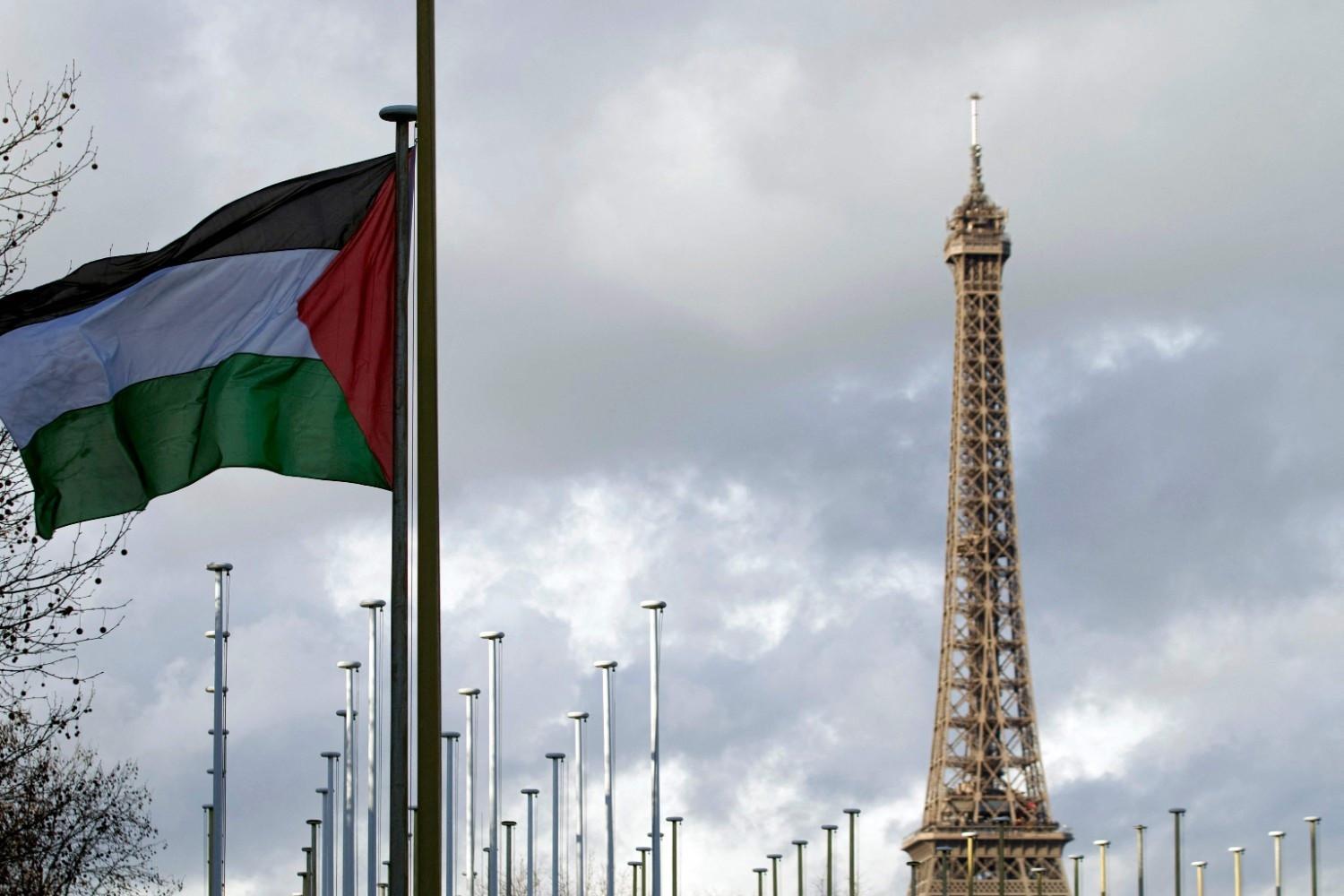
French President Emmanuel Macron’s bold diplomatic decision to recognize a Palestinian state continued to resonate across diplomatic circles and make headlines on July 25, with the move hailed as the “victory for the Palestinian cause.”
"True to its historic commitment to a just and lasting peace in the Middle East, I have decided that France will recognize the State of Palestine. I will make a formal announcement at the United Nations General Assembly in September," Macron wrote on social media late on July 24.
"The urgent priority today is to end the war in Gaza and rescue the civilian population," Macron said.
"We must finally build the State of Palestine, ensure its viability and enable it, by accepting its demilitarization and fully recognizing Israel, to contribute to the security of all in the Middle East."
France would become the most significant European power to recognize a Palestinian state and the first among the G7 wealthy democracies to do so.
Palestinian President Mahmud Abbas on July 25 hailed the decision by France as a "victory for the Palestinian cause.”
"This reflects France's commitment to supporting the Palestinian people and their legitimate rights to their land and their homeland," the president of the Palestinian Authority said.
The moves takes to at least 142 the number of countries that now recognize or plan to recognize Palestinian statehood, defying strong opposition from Israel and the United States.
France defends move against US, Israel condemnations
On the other hand, Macron's announcement drew condemnation from Israel, which said it "rewards terror,” while U.S. Secretary of State Marco Rubio called it "reckless" and said it "only serves Hamas propaganda.”
Mike Huckabee, U.S. ambassador to Israel, quipped that Macron did not say where a future Palestinian state would be located.
"I can now exclusively disclose that France will offer the French Riviera & the new nation will be called "Franc-en-Stine,” he said on X.
But French Foreign Minister Jean-Noel Barrot argued that Macron's initiative went against what the militant group wanted.
"Hamas has always ruled out a two-state solution. By recognizing Palestine, France goes against that terrorist organisation," Barrot said on X.
With its decision, France was "backing the side of peace against the side of war,” Barrot added.
Macron’s special envoy on the Israeli-Palestinian issue, Ofer Bronchtein, suggested that the Oct. 7, 2023, attack might not have occurred if there had been an independent Palestinian state in Gaza.
UK under pressure
Macron’s bold action has also sparked speculation across Europe about whether it could trigger a domino effect.
The U.K., while expressing support for Palestinian statehood, has yet to clarify when it might take that step.
Germany, on the other hand, recently ruled out any such intention in the near future.
The leaders of the three countries — France, the U.K. and Germany — are expected to hold an emergency call on July 25. While Macron's recognition plan may be discussed, the main focus of the call is anticipated to be the worsening humanitarian crisis in Gaza.
In a statement on July 24 evening, U.K. Prime Minister Keir Starmer denounced the “indescribable and indefensible” conditions in Gaza and reaffirmed that Palestinian statehood is an “inalienable right.”
He reiterated his demand for a ceasefire, noting it would help pave the way toward eventual recognition of Palestinian statehood.
Starmer has previously said the U.K. should wait to recognize Palestine at a time when it would have the “maximum impact,” though he has yet to indicate when that might be.
Macron’s announcement was originally expected at a conference planned for June, but the event was postponed following the Iran-Israel escalations. France also delayed the move in order to make a joint declaration with the U.K. However, in a sign of diverging approaches, Paris went ahead on its own.
Speaking to CNN after Macron’s remarks, a French official said France would not be the only country to recognize Palestine in September, fueling expectations that other nations may follow suit.
In France, domestic reactions ranged from praise on the left, condemnation on the right and awkward silence in the ranks of the government itself.